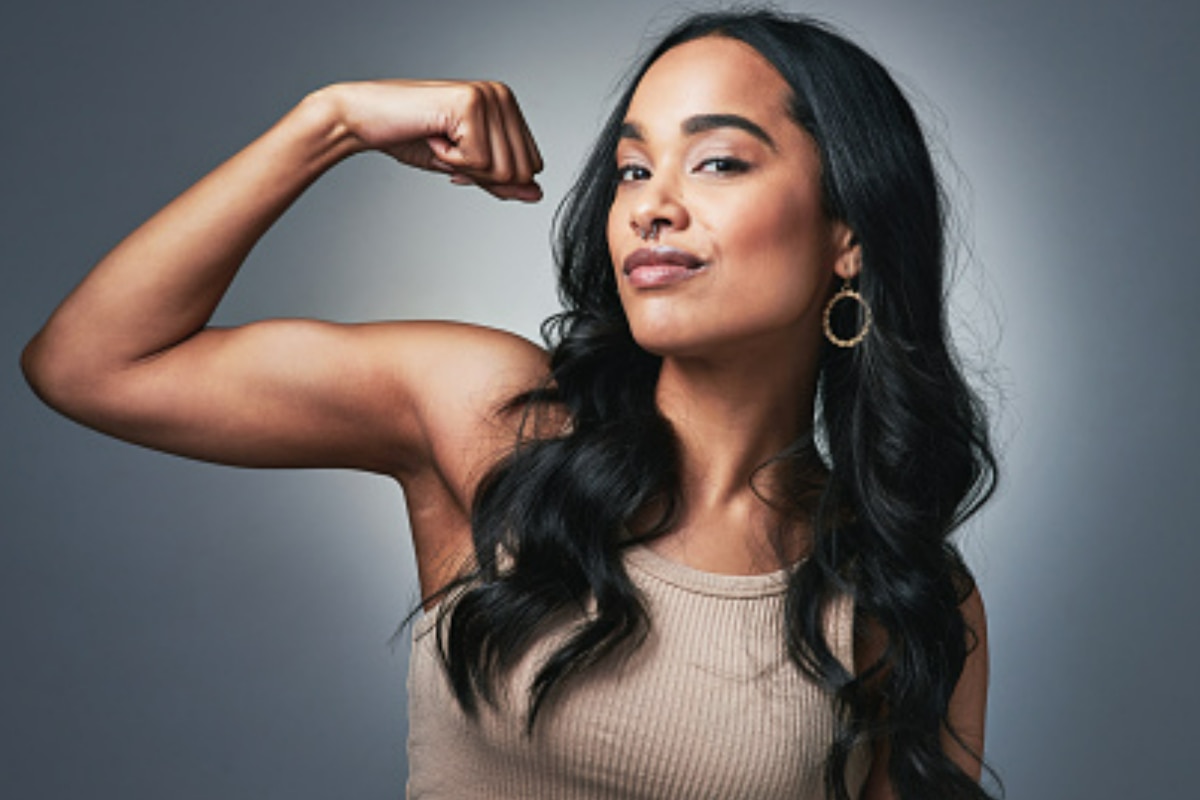Nutrients for women in their 40s: A woman’s hormonal system undergoes intricate changes at each stage of life, resulting in emotional, physical, and mental instability.
Nutrients for 40 year old women: To maintain a healthy and fit body, vitamins and other nutrients are needed. Despite our best efforts, we really can’t get all the nutrients we need from the food we eat. People who stick to diets place limits on their food intake, resulting in nutrient deficiencies. For a woman’s body to function properly, certain nutrients such as iron, calcium, and vitamin D, among others, are essential. Nutritionist Lovneet Batra shares some important nutrients that women need to add to their diet in their 40s and up for a healthy lifestyle.
5 ESSENTIAL NUTRIENTS FOR WOMEN OVER 40 IN WINTER
- Iron: It is an essential nutrient needed for growth and oxygen transport to tissues. Women from the age of 40 experience important changes and this period corresponds to perimenopause for most women and is associated with the risk of iron deficiency anemia. Getting enough iron from nuts, legumes and beans, leafy vegetables, and fortified grains is essential in this phase. Iron is better absorbed with vitamin C.
- Protein: Protein helps keep muscles strong, which is important for maintaining the balance and mobility needed as we age. Women prefer to sit more and exercise less, which aggravates a natural aging process called sarcopenia, which is a loss of muscle mass. Therefore, it is recommended to eat enough protein sources such as beans and lentils, and dairy products such as cottage cheese and plain yogurt.
- Calcium: Calcium helps build strong bones at every stage of life, especially after age 40. It is also necessary for the proper functioning of our hearts, muscles, and nerves. To increase your calcium intake, focus on incorporating whole foods, including dairy, leafy greens, ragi, into your diet.
- Vitamin D: D is important, especially after 40, because it helps protect against age-related changes. Vitamin D deficiencies have been linked to various health problems. Also, vitamin D is essential for the absorption of calcium in the body. The sun is the best source of vitamin D along with dietary sources such as mushrooms, egg yolks, fish, grains, and fortified cereals.
- B vitamins: Because aging can disrupt how our organs work, getting enough B vitamins is an important part of keeping your body’s cellular and organ system processes running smoothly. Foods rich in B vitamins include legumes, leafy greens, and more.
